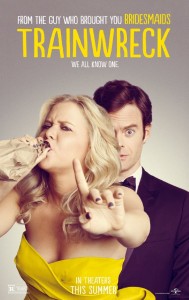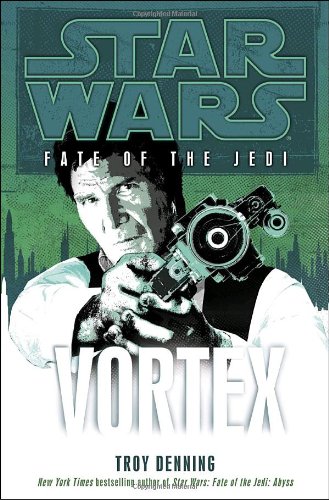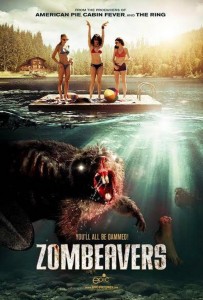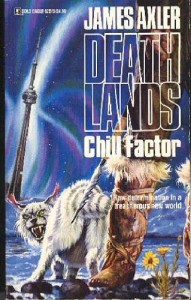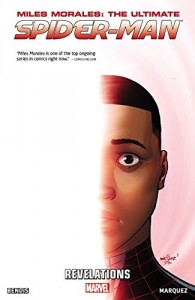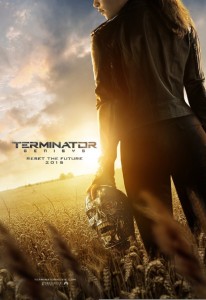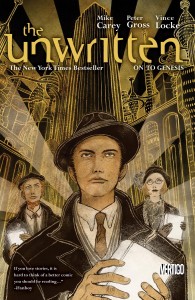 Saturday was a day of two movies. Hooray! The second one was, finally, Ant-Man. To get it out of the way: it was a) definitely relevant to the overall story progression of the Marvel Cinematic Universe and b) good enough in its own right. Also, to get the other thing out of the way, it’s about a guy who can shrink to the size of about a flea or a bit smaller, and also he can talk to ants, and he uses these powers to be highly stealthy, mobile, and also to be unexpectedly strong[1], and then he has to deal with a supervillain tailor-made for said powers. Like you do.
Saturday was a day of two movies. Hooray! The second one was, finally, Ant-Man. To get it out of the way: it was a) definitely relevant to the overall story progression of the Marvel Cinematic Universe and b) good enough in its own right. Also, to get the other thing out of the way, it’s about a guy who can shrink to the size of about a flea or a bit smaller, and also he can talk to ants, and he uses these powers to be highly stealthy, mobile, and also to be unexpectedly strong[1], and then he has to deal with a supervillain tailor-made for said powers. Like you do.
There. Now to the meat of it. See, in comics, there are two people who have been Ant-Man. (Well, that I know of.) The first of them, Hank Pym, is one of Marvel’s first characters. The second, Scott Lang, I have not actually gotten to yet. The movie is about, well, technically both of them, but the point here is that it’s mostly about the one I don’t know. Which means, virtually no preconceptions! Paul Rudd was damaged and charming, and the character was entirely likeable. The plot was heisty and heroic and if it was often predictable, it made up for it by never being boring.
My complaints about Hank Pym are spoilers, but the fact that I have complaints can be put down to the fact that he’s a known jerk of a character. (Unlike Reed Richards of the Fantastic Four, who is objectively as much of a jerk on paper, but people always seem to like him anyway. This has nothing to do with anything, I’m just complaining about it.)
Anyway, pretty good movie. Worth seeing, especially if you’ve been watching the other ones. Spoiler thing about Hank Pym in the comments.
[1] Something something physics: space between atoms is reduced, increasing density and therefore retaining the same strength in a much smaller package; you know, comic book science.
